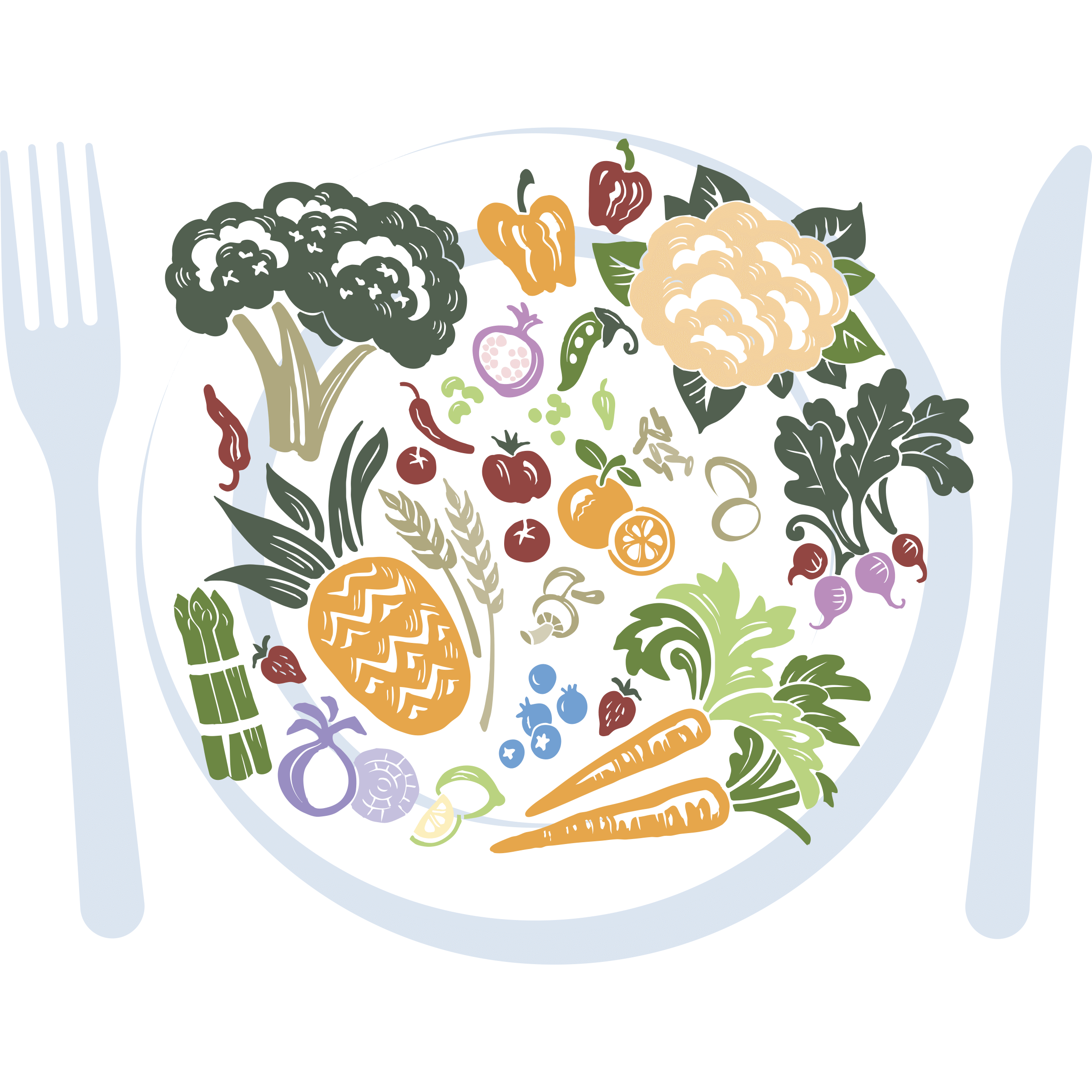Six Components of Nutrition
A balanced and proper nutrition can help prevent a number of health conditions including diabetes, cardiovascular disease, osteoporosis and obesity. With the help of primary six components of nutrition, one can plan a balanced diet.
Protein
Protein is required for healthy muscles, skin and hair. Foods rich in protein are eggs, almonds, oats, cottage cheese (paneer), milk, broccoli, lentils and pumpkin seeds. An average adult needs 50-55 grams of protein daily.
Carbohydrates
Carbohydrates are a primary source of energy. They are generally divided in two categories: simple carbohydrates, which digest quickly, and complex carbohydrates, which digest slowly. Sources of simple carbohydrates include fruits, sugars and processed grains (white rice or flour). Complex carbohydrates are green or starchy vegetables, whole grains, beans and lentils.
Fats
Fats are an equally important part of your diet. Nuts, olives, avocados, fish and seafood are fats that help the body. Only 44 grams of fat daily is recommended for average adults.
Vitamins
Many vitamins are considered primary components of nutrition. Essential vitamins include vitamins A, B complex, C, D, E, K and folate. Many fruits and vegetables have high vitamin content, as well as fortified dairy and bread products.
Minerals
Minerals are vital for proper human health. Essential minerals include calcium, iron, zinc, iodine and chromium.
Water
The human body is composed of 60 per cent water and the brain is composed of 70 per cent water. Water is necessary to maintain proper bodily function.
